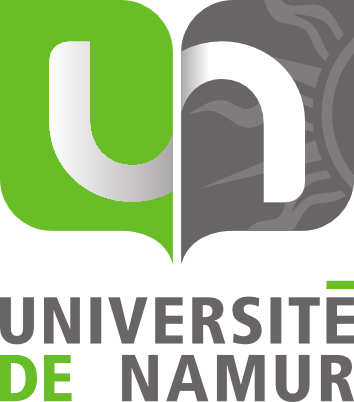Soutenance publique de thèse de doctorat en informatique - Antoine SION
Private and social information in collectives: from controlling robot swarm aggregation to animal dispersal modelling
Date : 16/05/2025 14:00 - 16/05/2025 16:00
Lieu : S01
Orateur(s) : Antoine SION
Organisateur(s) : Isabelle Daelman
Over recent years, the development of
agent-based models has allowed researchers to advance their understanding of
naturally occurring collective behaviours. Swarm robotics, a field studying the
design of decentralised robot swarms, has emerged following the replication of
some collective behaviours in artificial groups of robots. The first part of
this thesis provides novel techniques for the aggregation of heterogeneous
swarms. First, we enhance an existing controller for an aggregation problem on
two sites through the use of informed robots. We show that our simplified
approach offers a wider range of operating conditions and a greater
flexibility. Second, we provide a new method for the aggregation of robot
swarms with adaptive random walks. We separately study cue-based aggregation
with a swarm of robots only sensing private information and neighbour-based
aggregation with a swarm of robots sensing social information. We show that a
trade-off can be obtained with a heterogeneous swarm composed of the two robot
types, forming a dense cluster near the minimum of an environmental cue.
Private and social information also play a key role in the evolution of
biological processes inside animal groups. Dispersal, the movement of an animal
from site of birth to site of reproduction, is strongly affected by the
acquisition and the use of information. Since experimental research is often
difficult to conduct while accounting for multiple information sources and
environmental variability, the use of agent-based models offer an opportunity
to study the evolution of dispersal and its associated costs linked to private
and social information in a controlled setting. The second part of this thesis
provides an agent-based model of dispersal including the acquisition of information
and its associated costs. Throughout three case studies, we observe the
evolution of genes linked to the acquisition of information and the obtained
dispersal strategies in different scenarios.
Contact :
Isabelle Daelman
-
isabelle.daelman@unamur.be
Télecharger :
vCal
